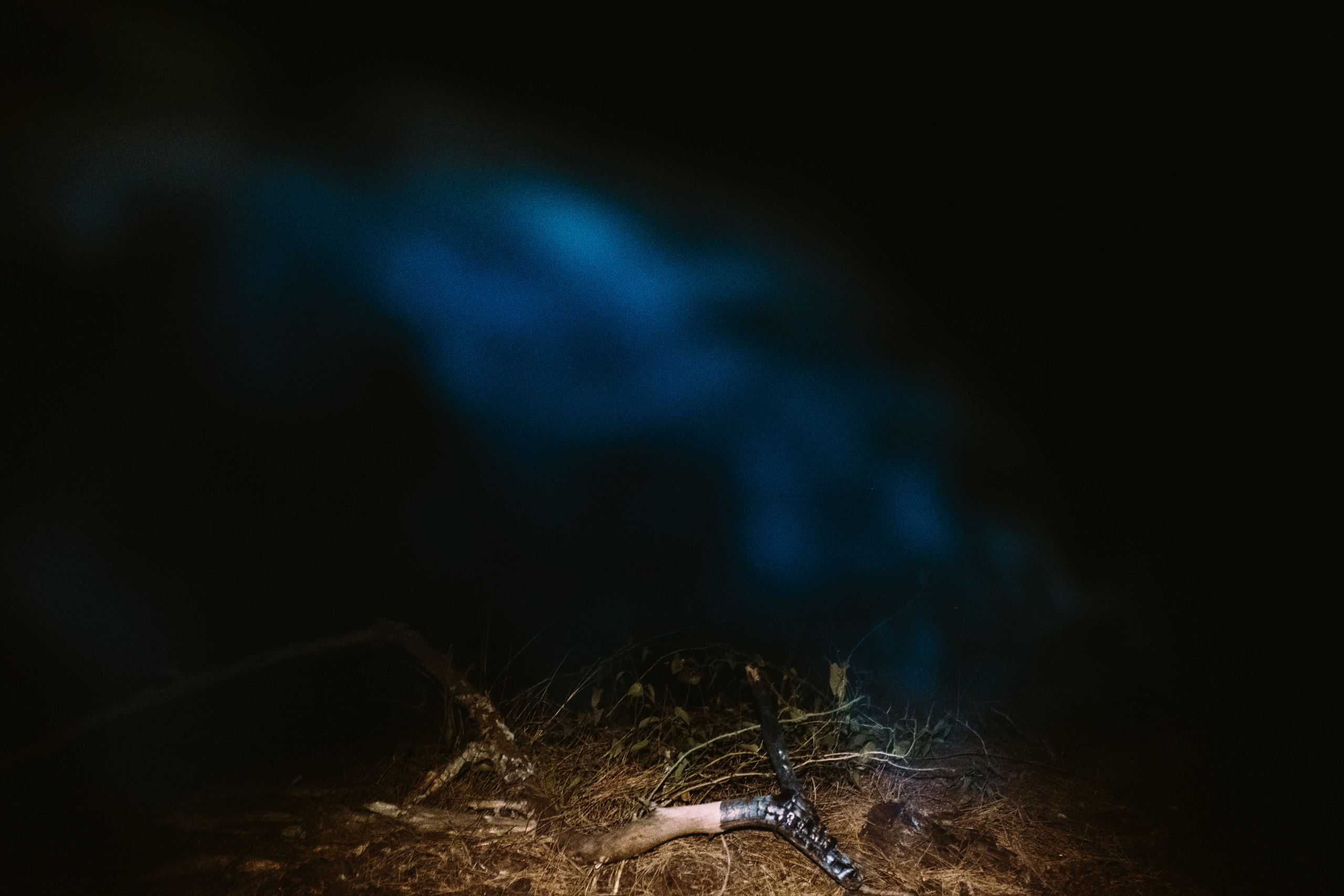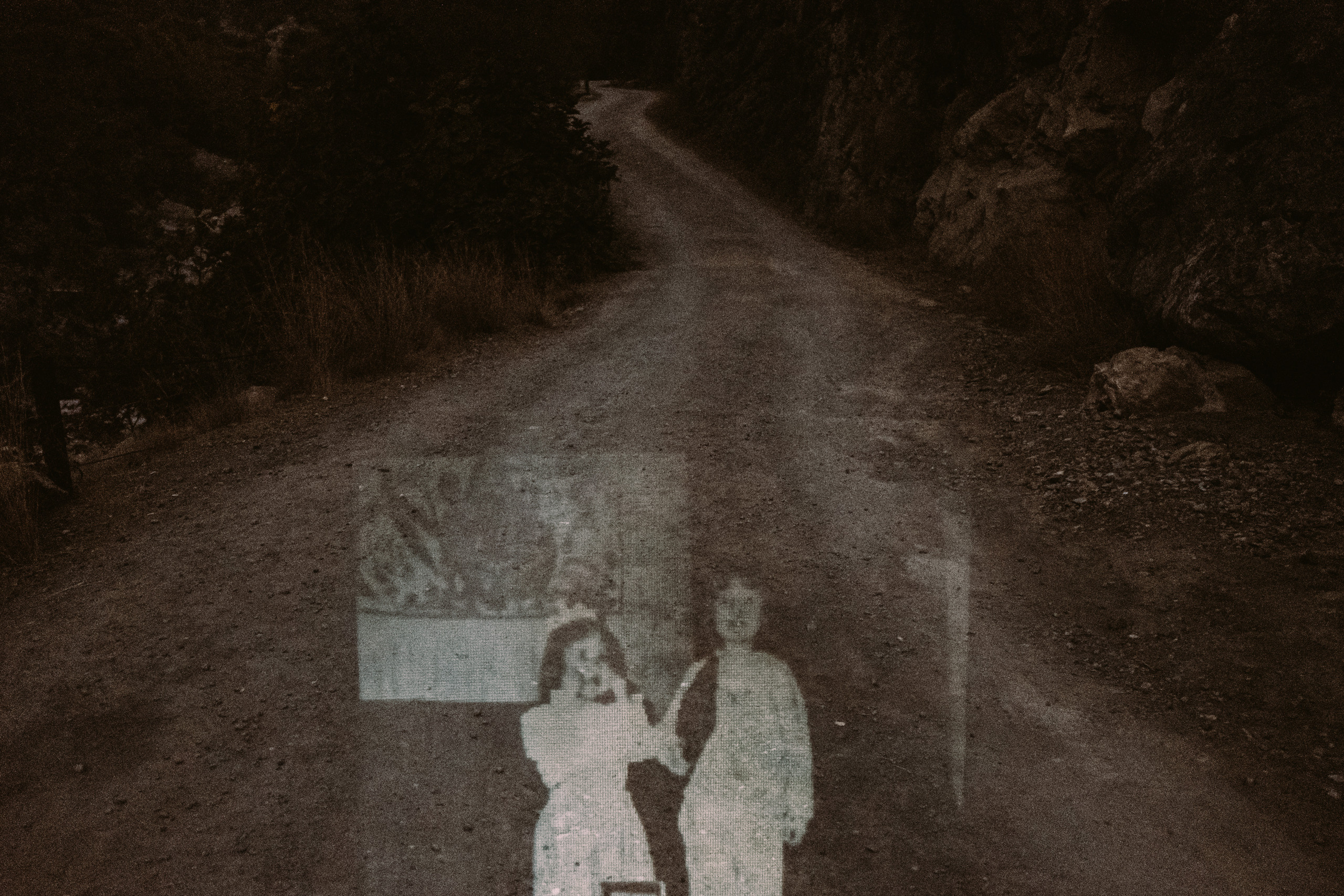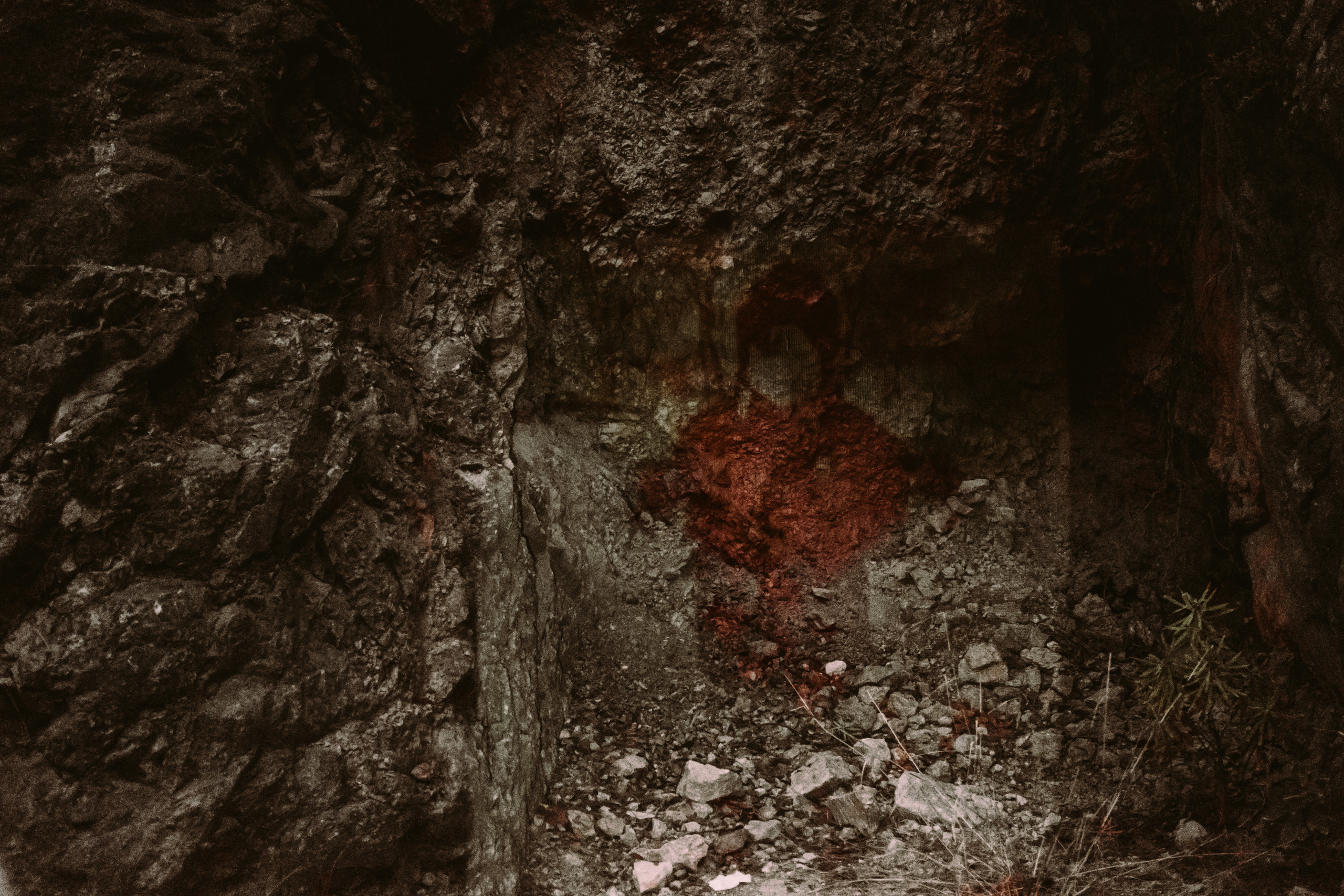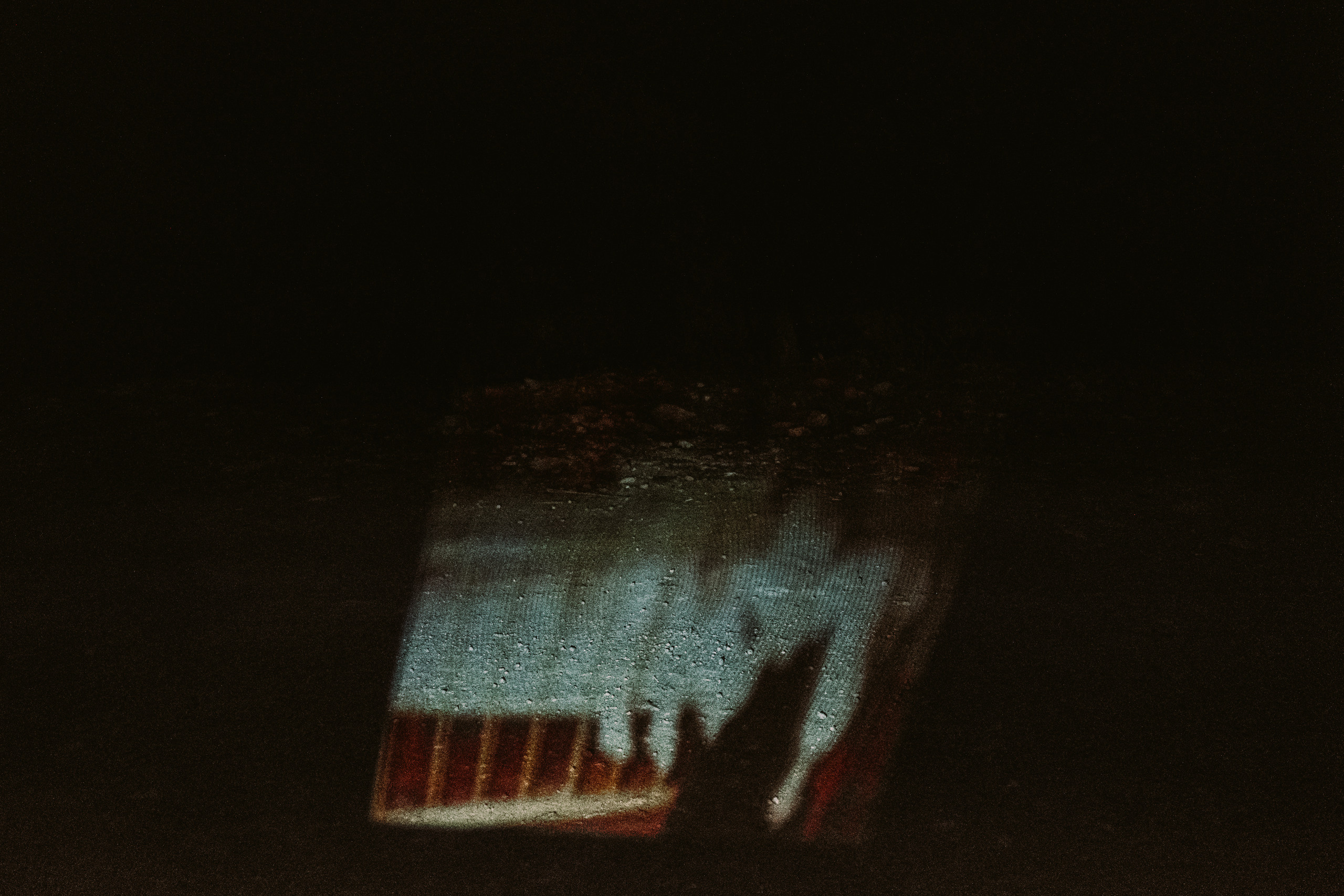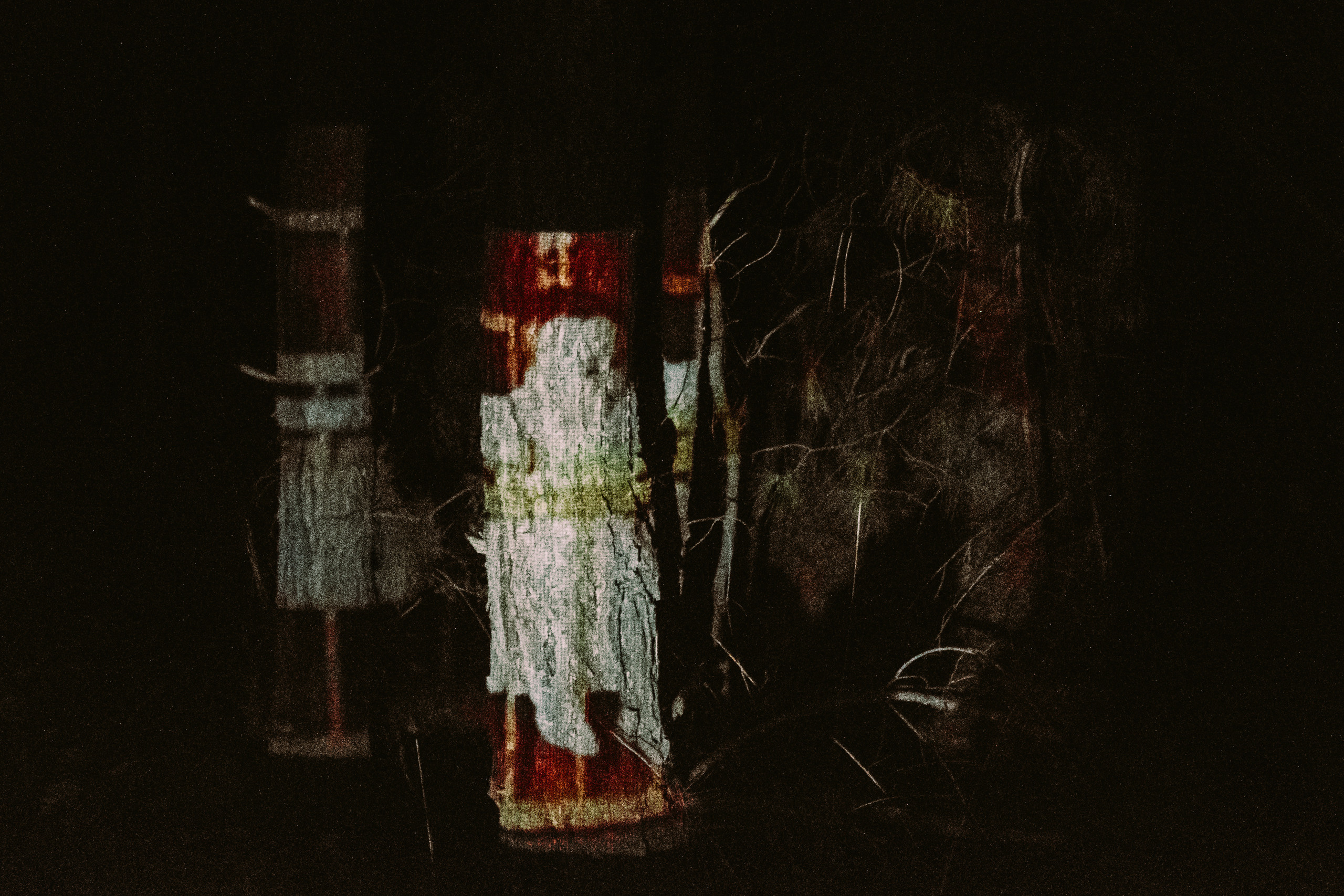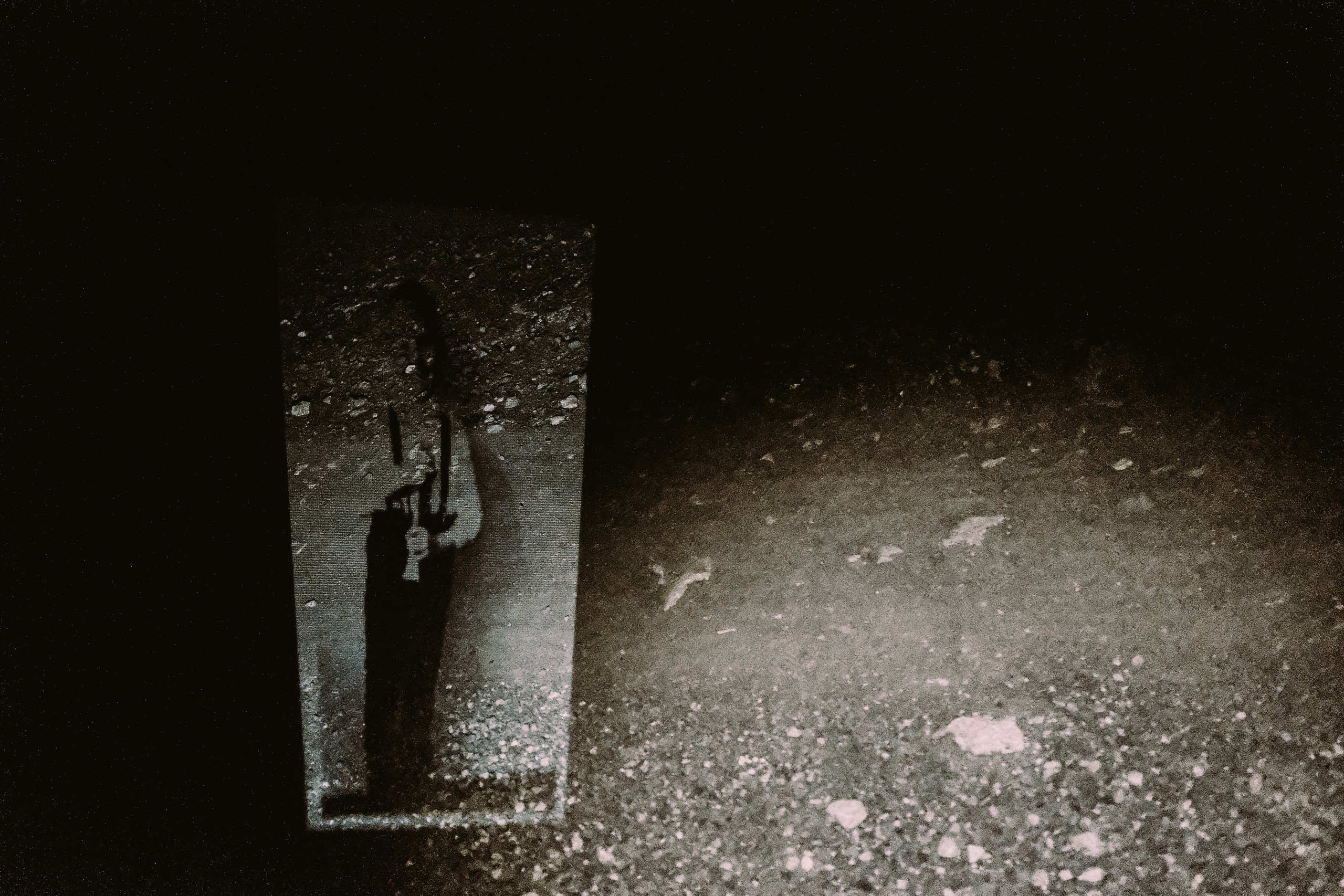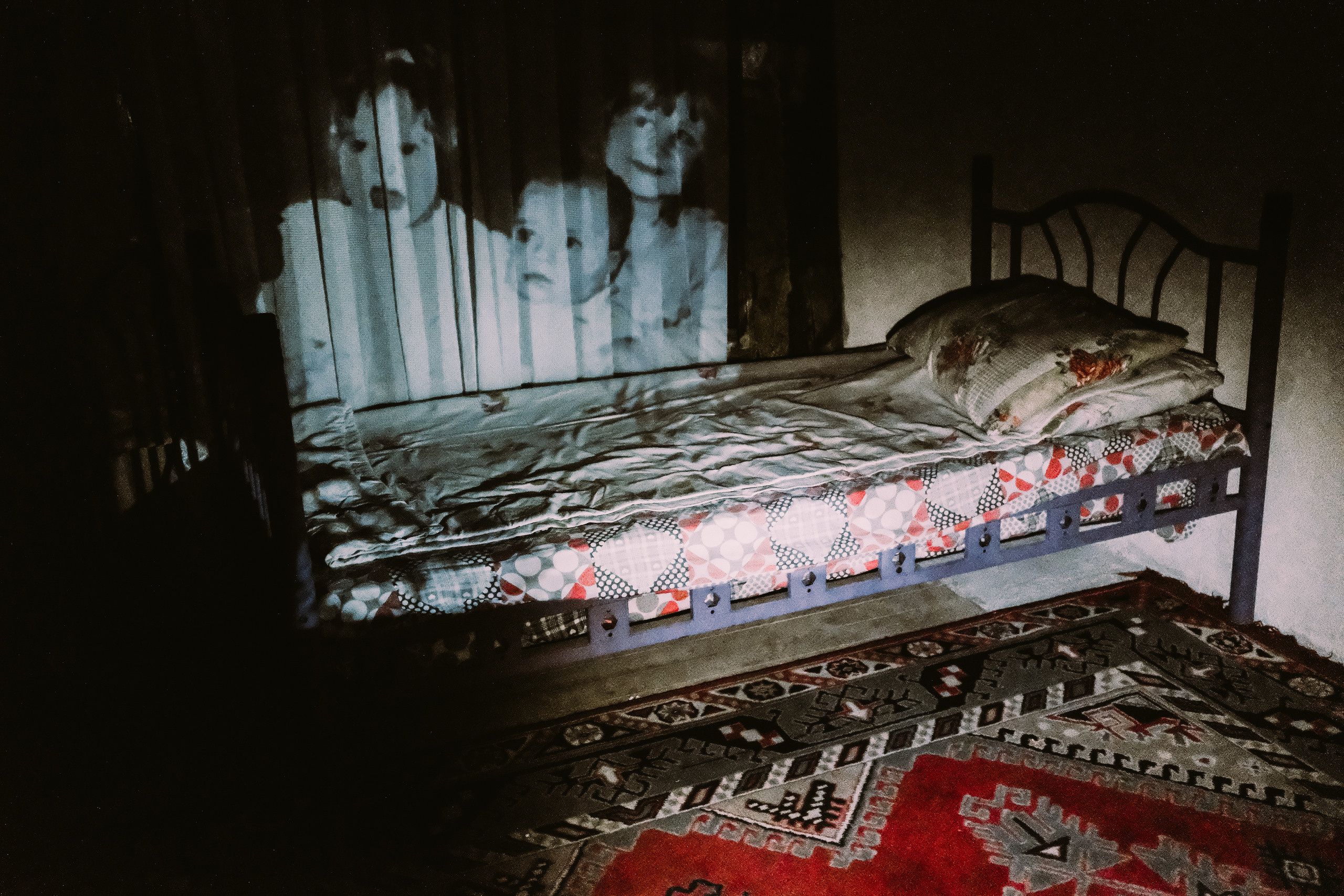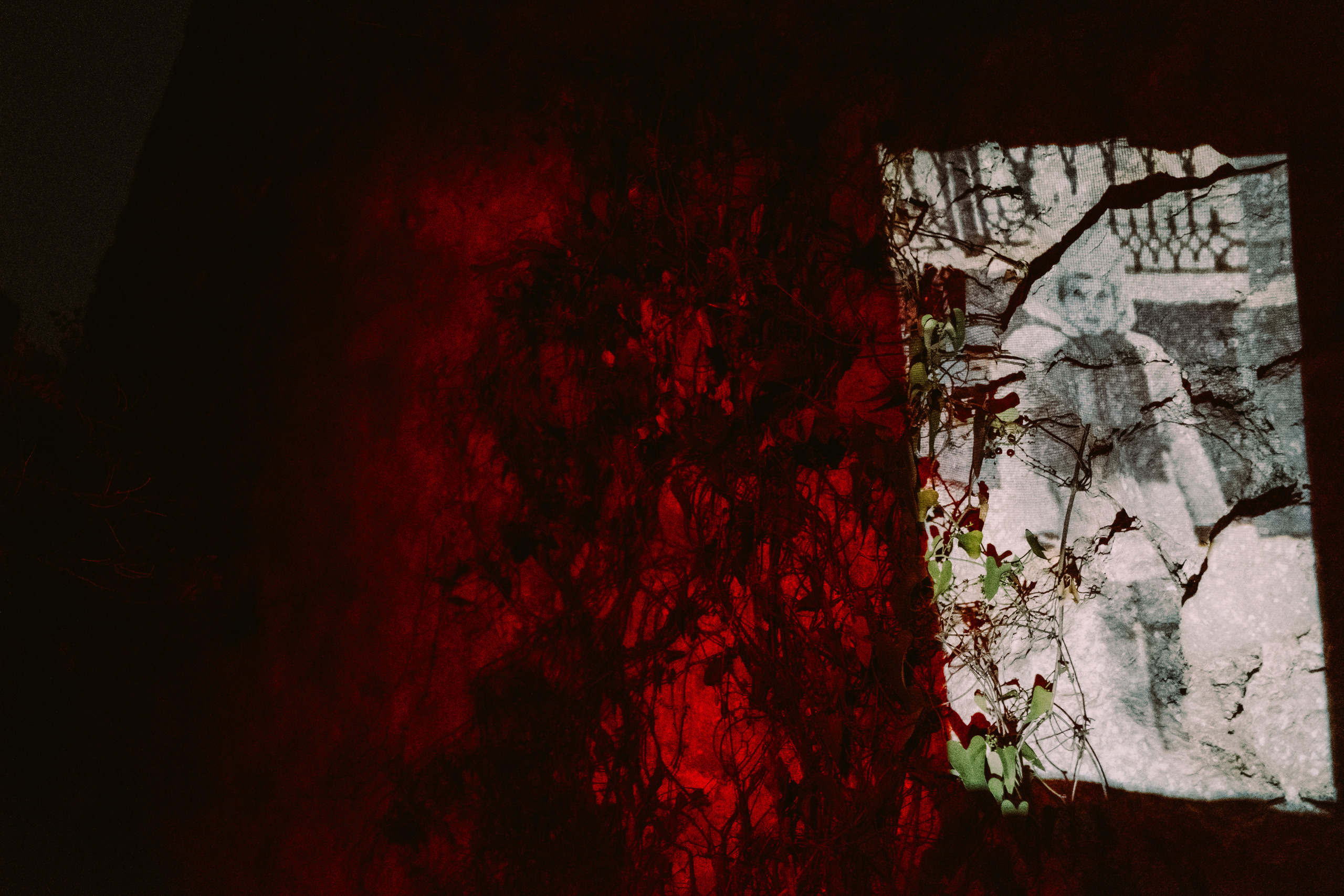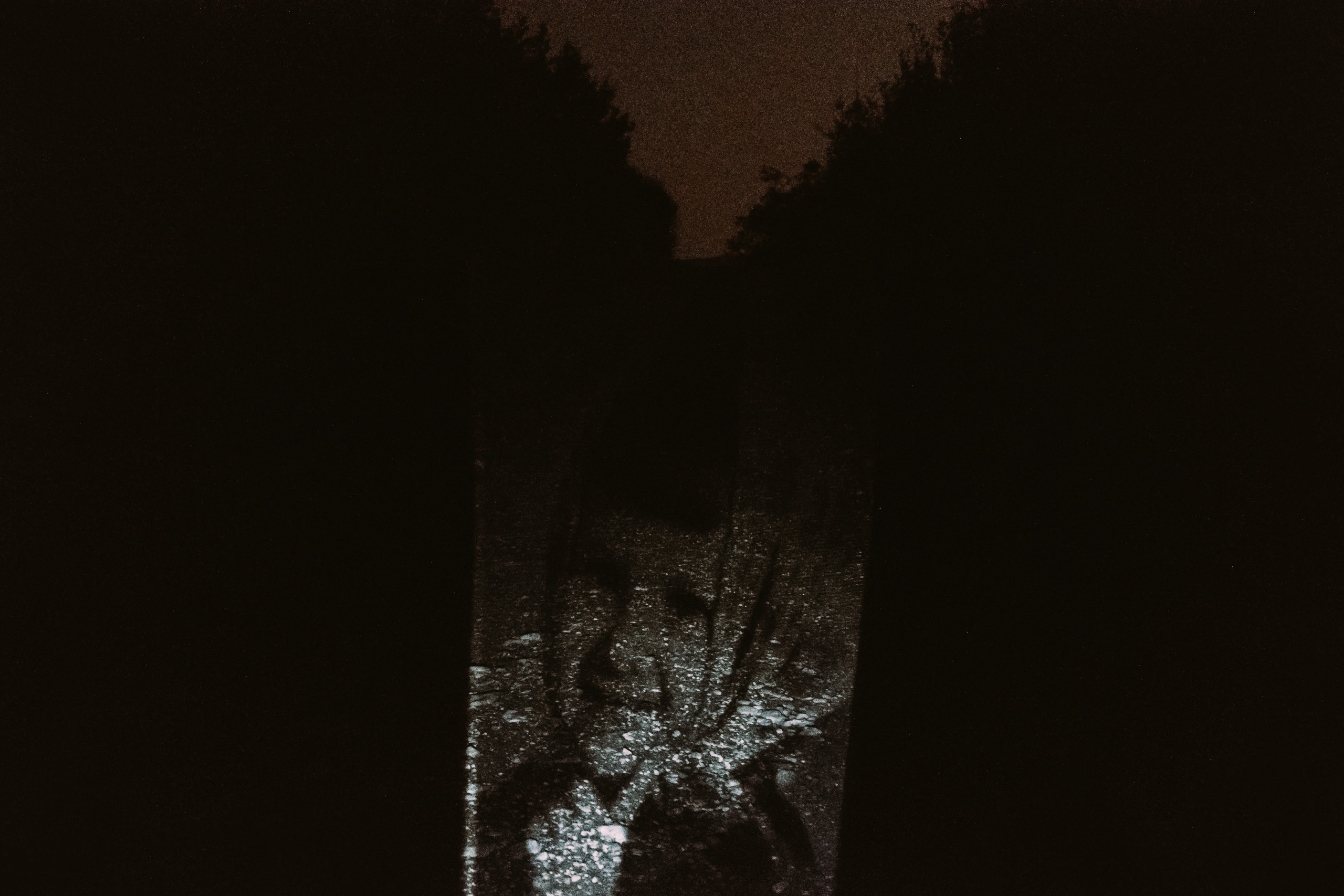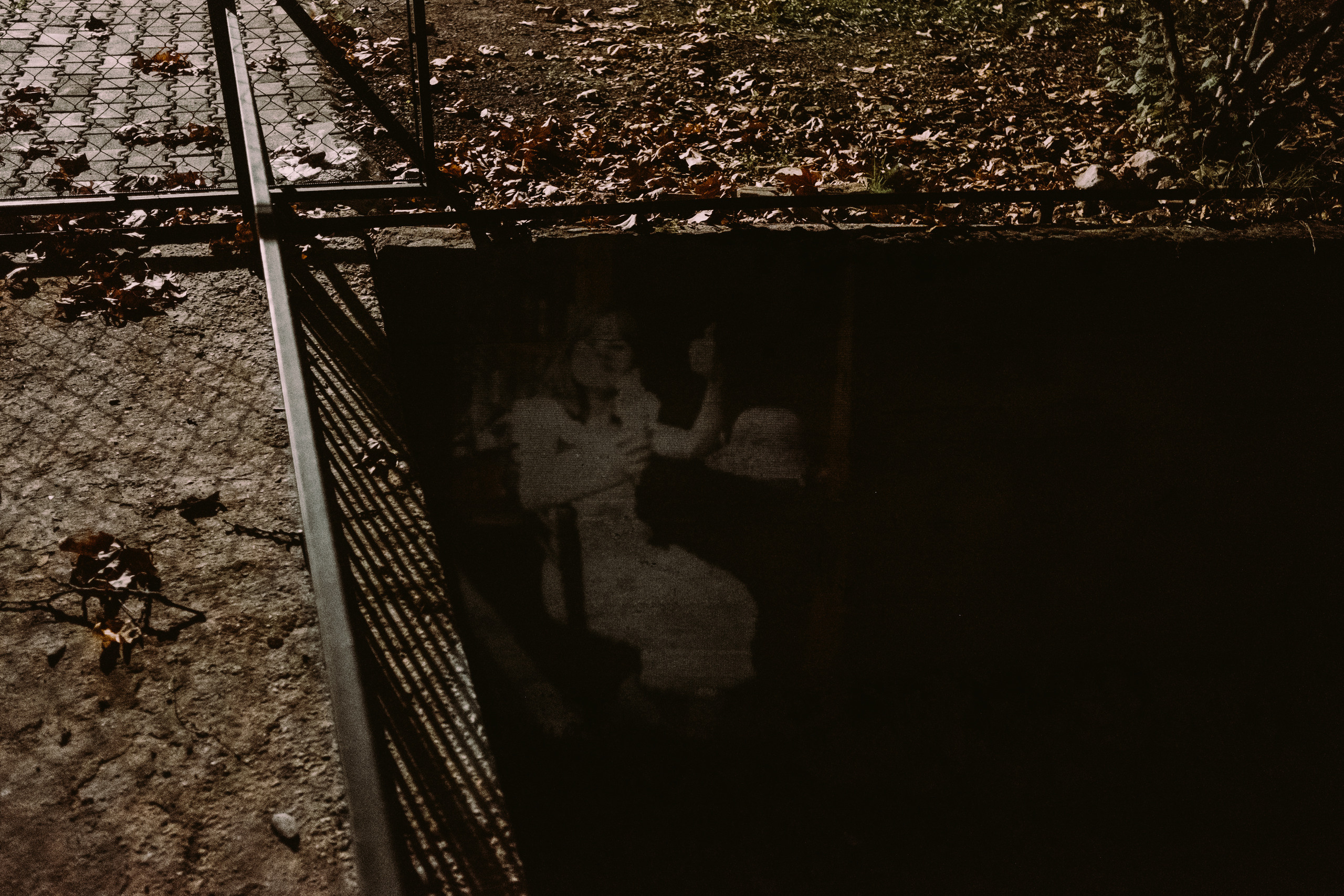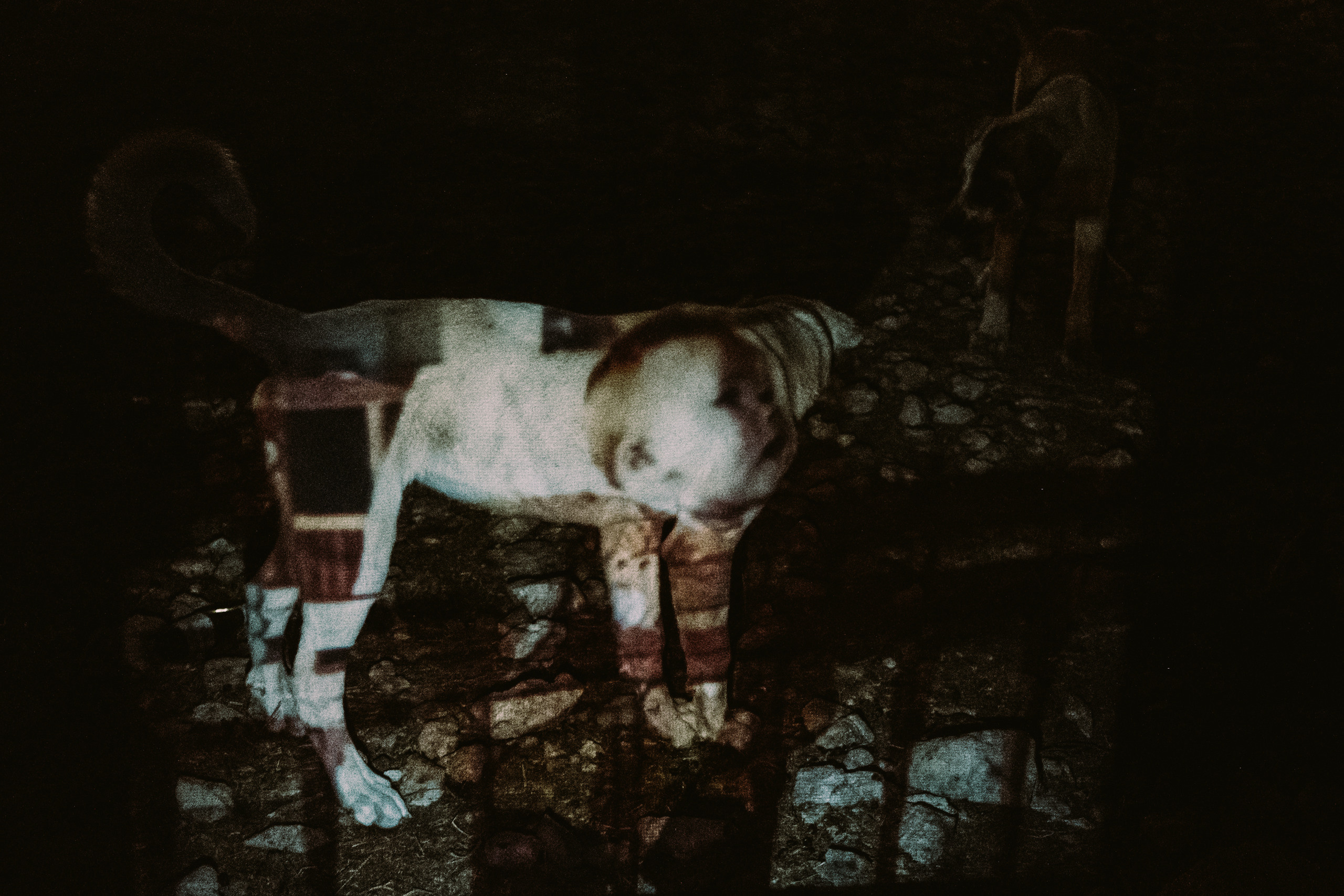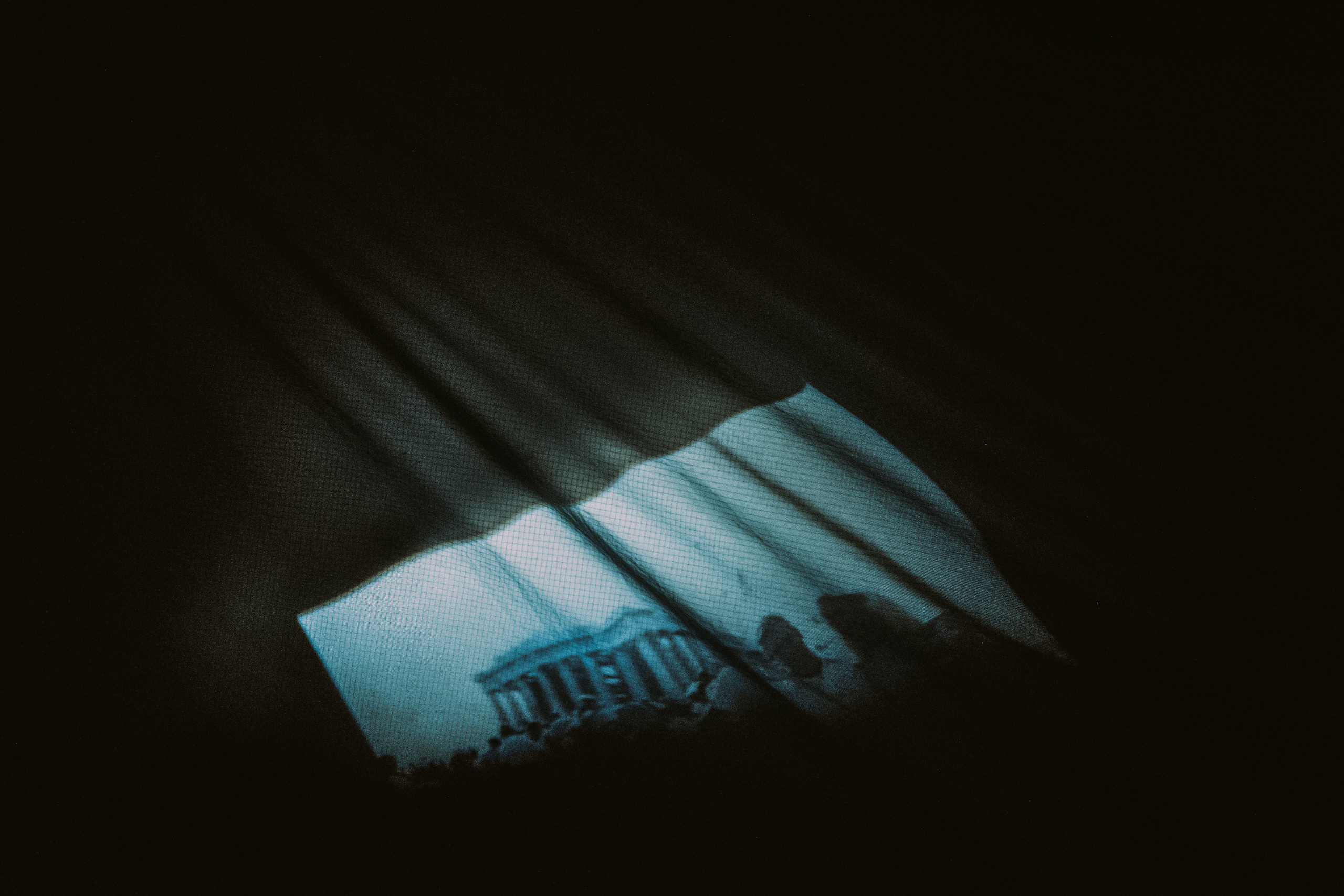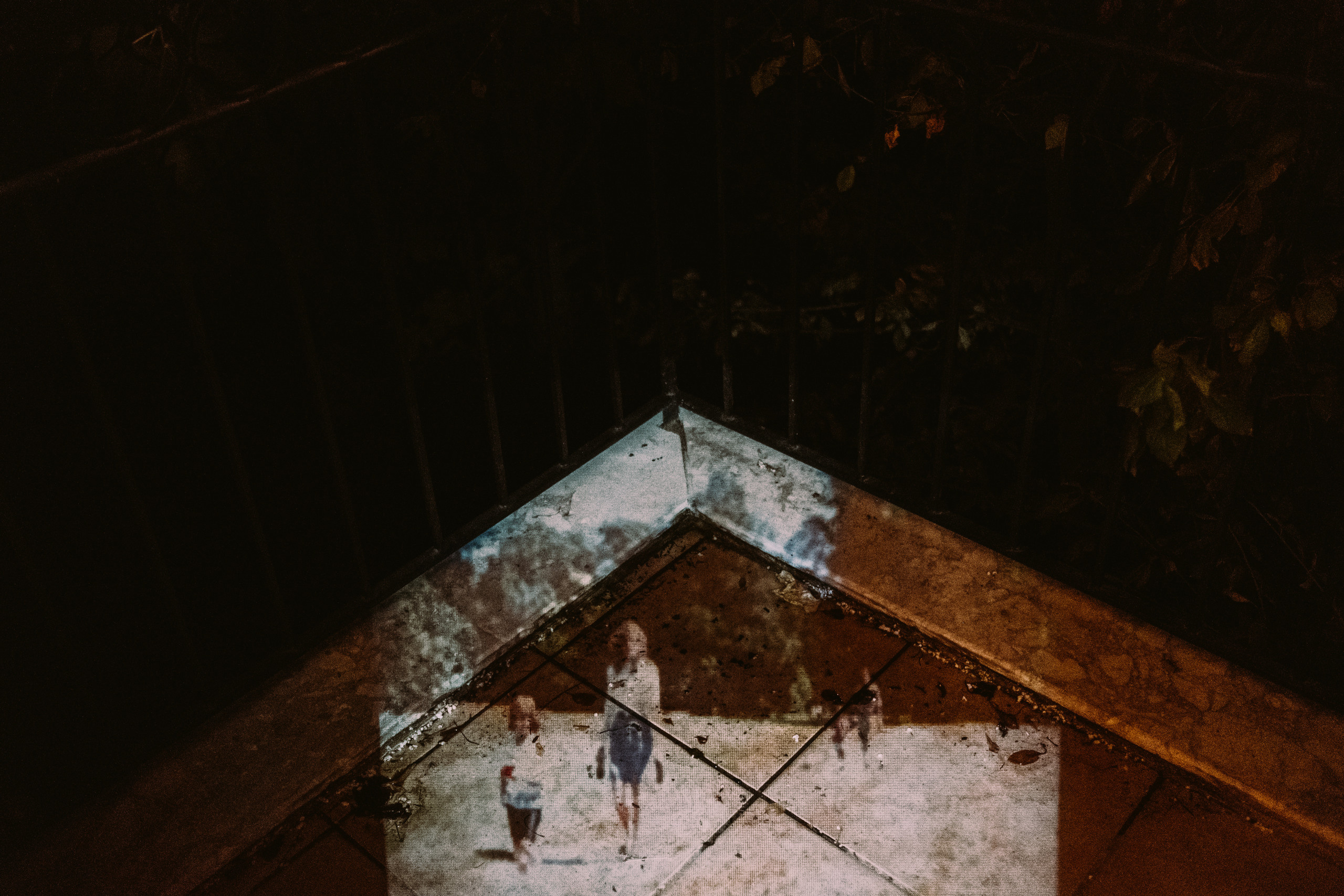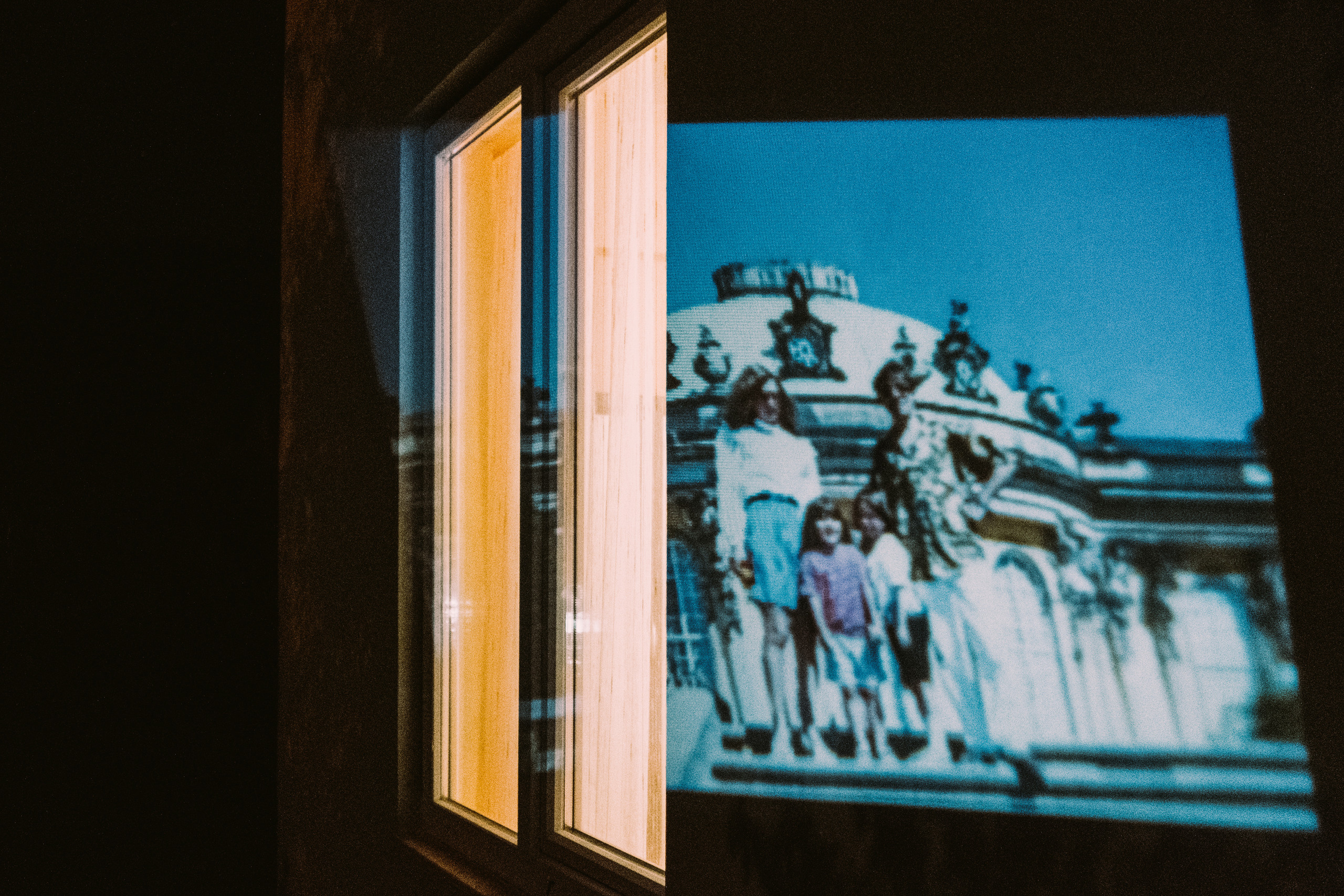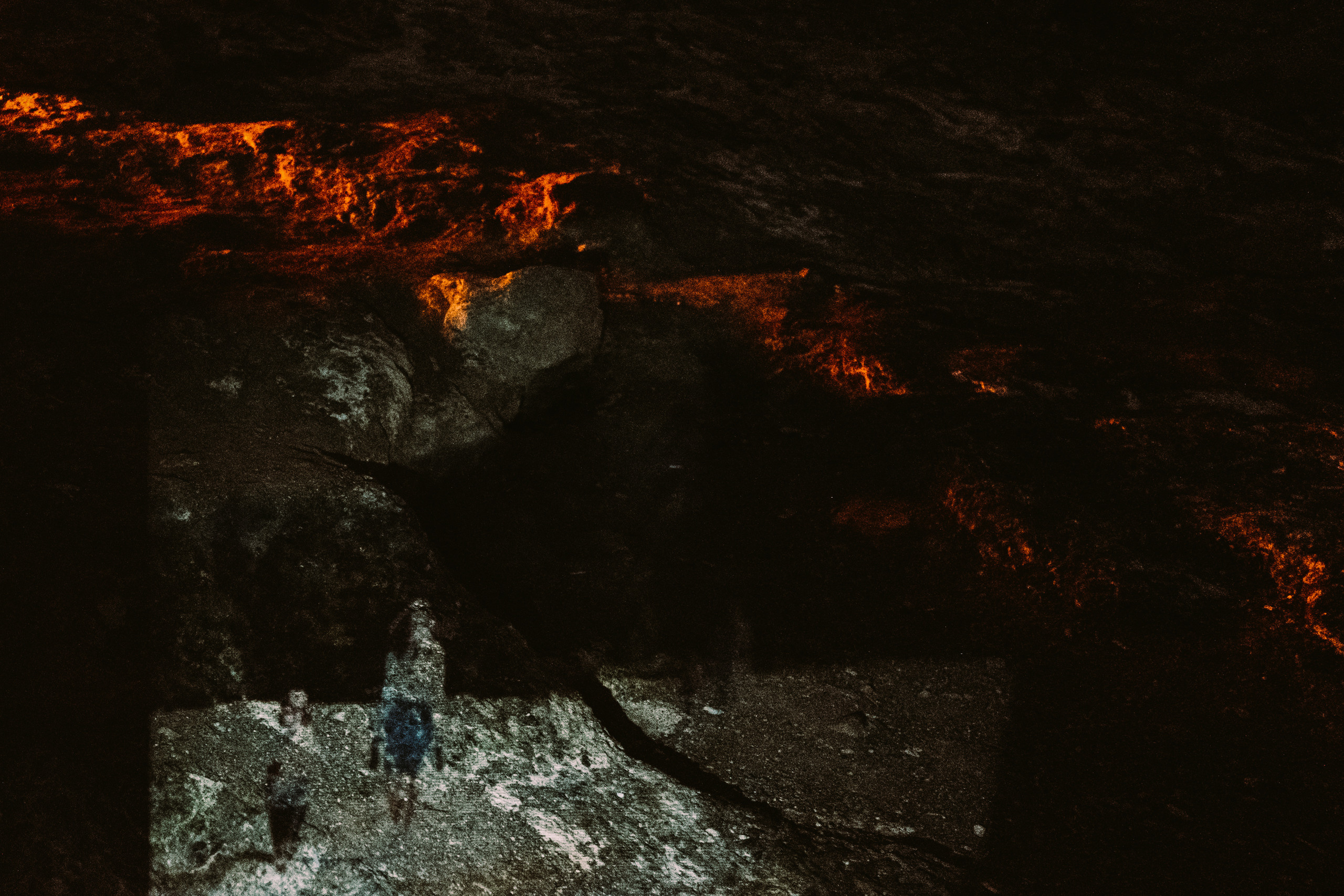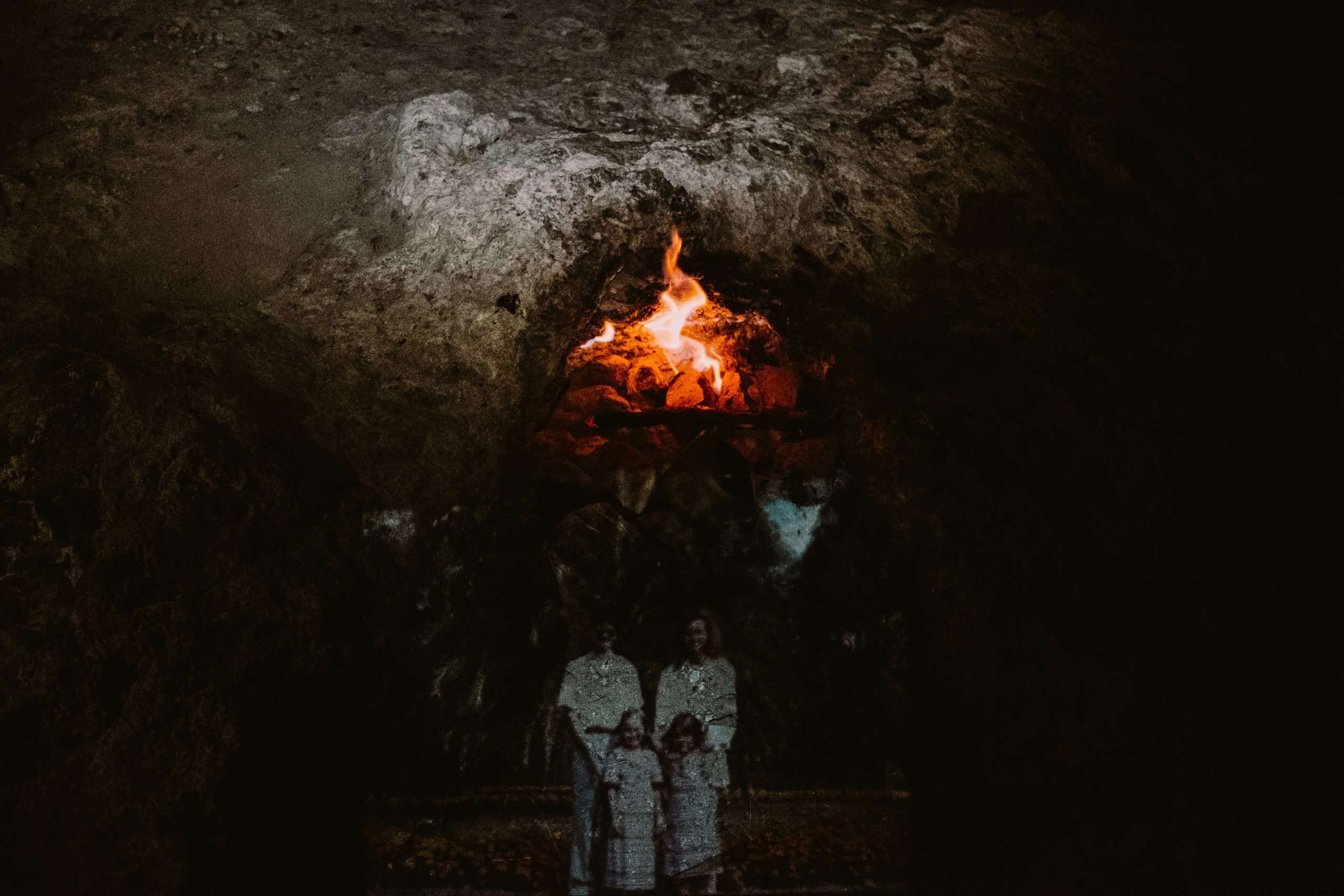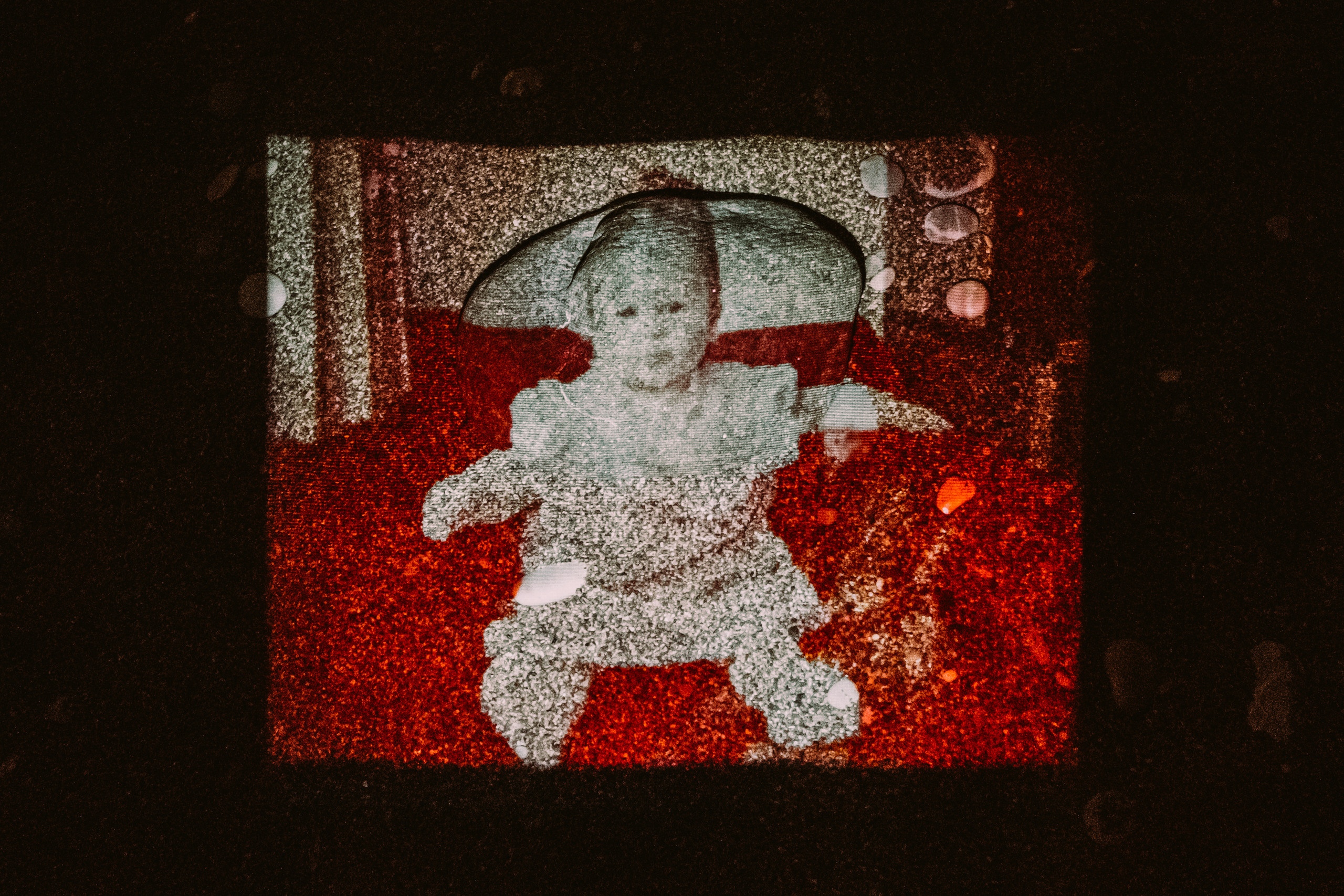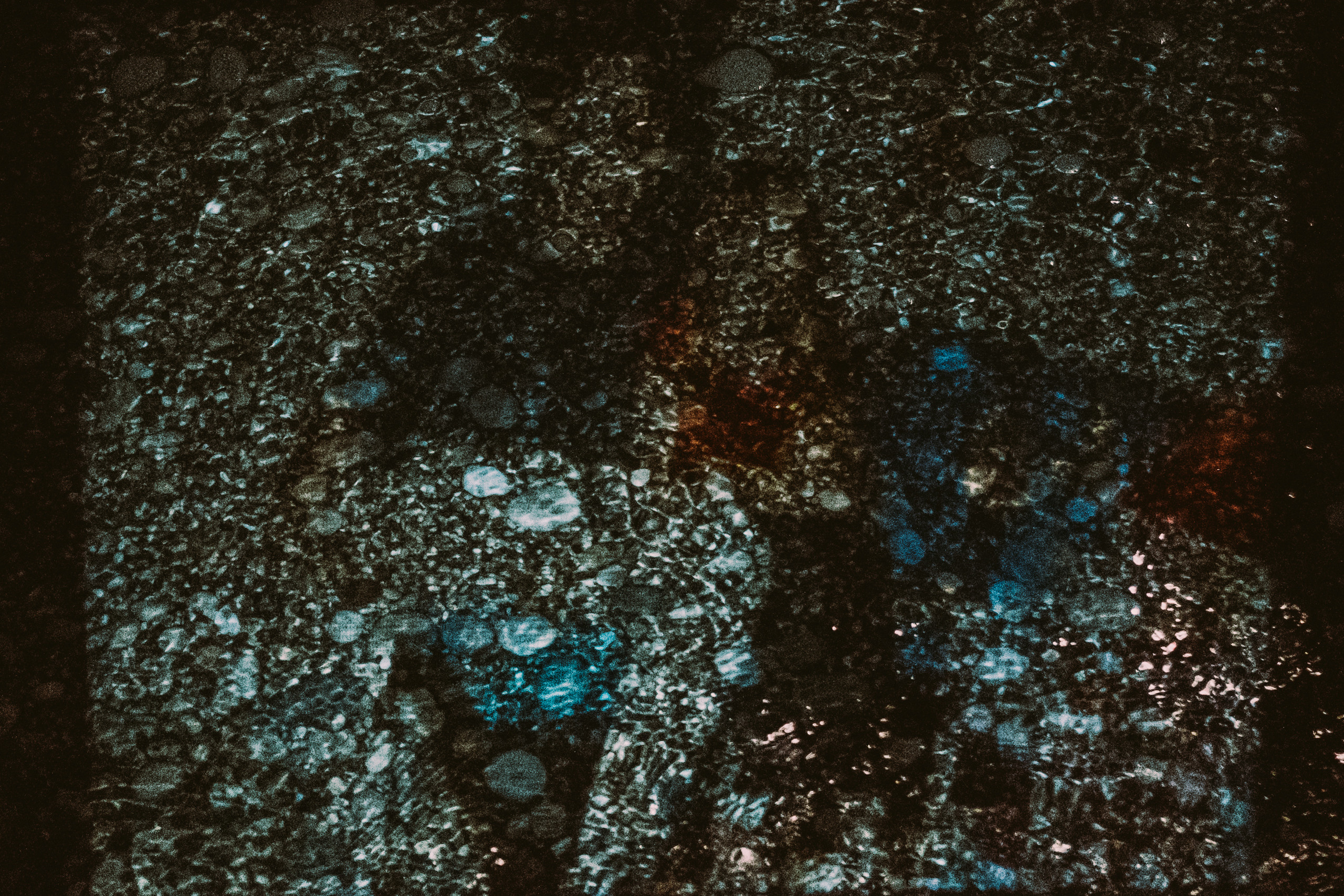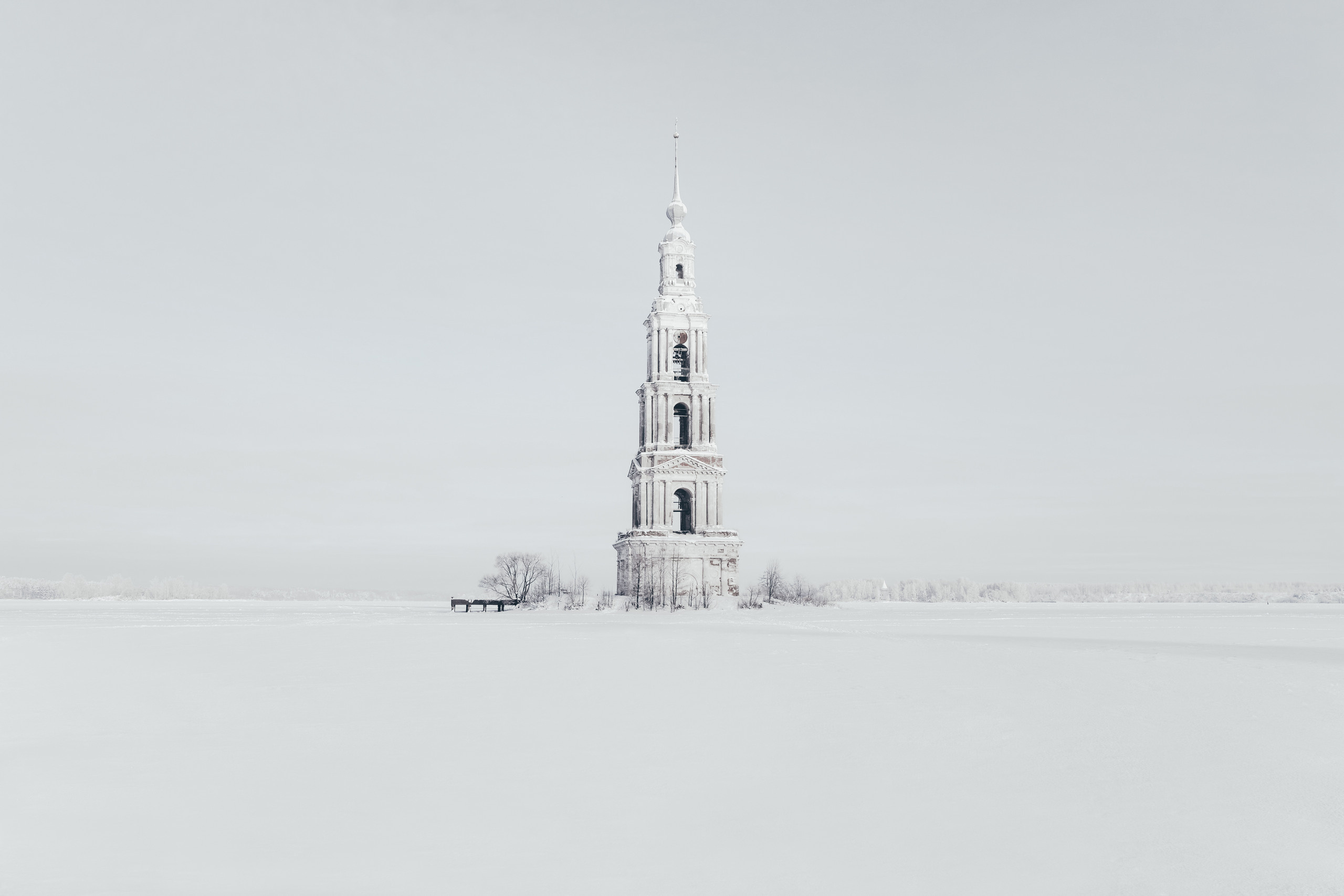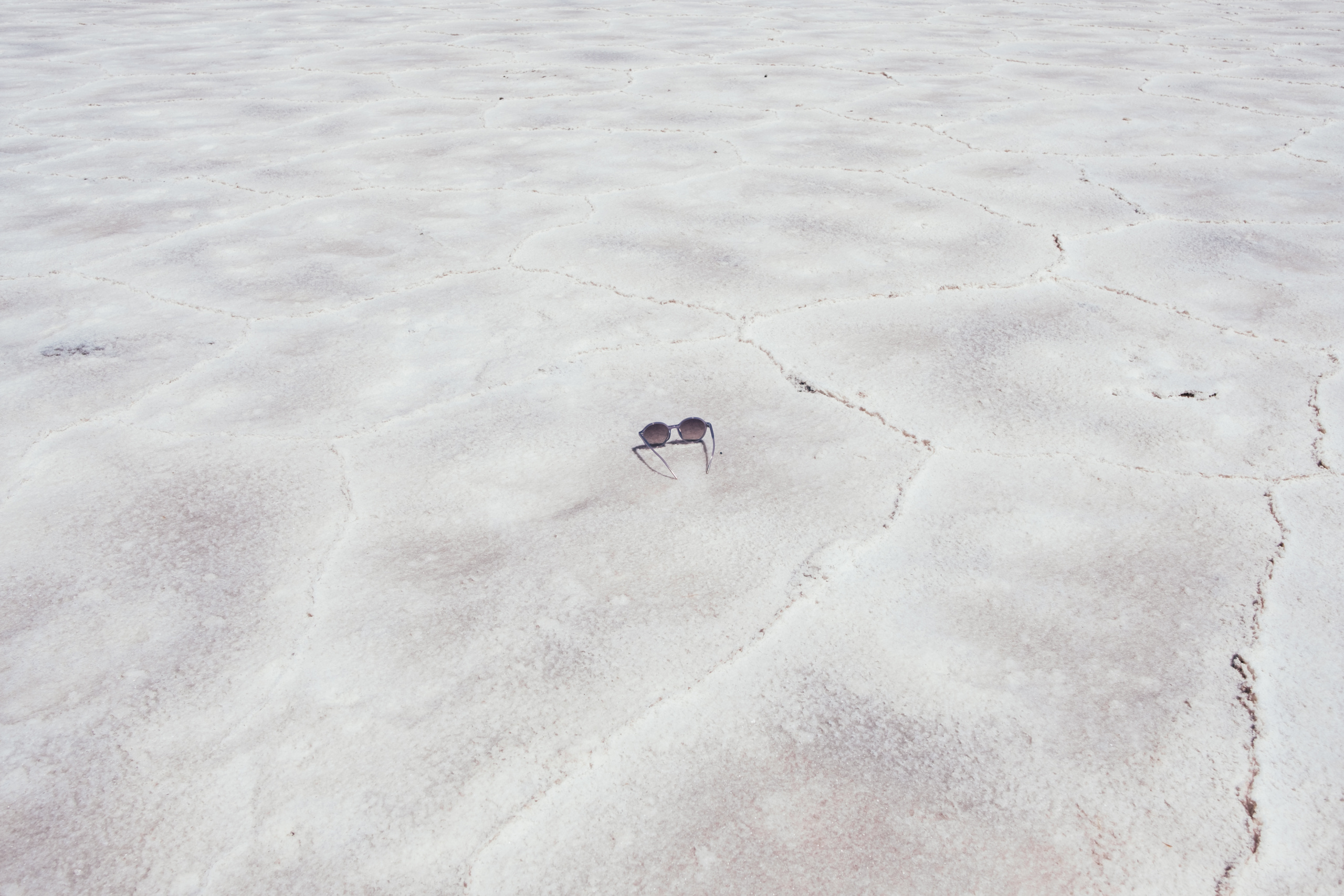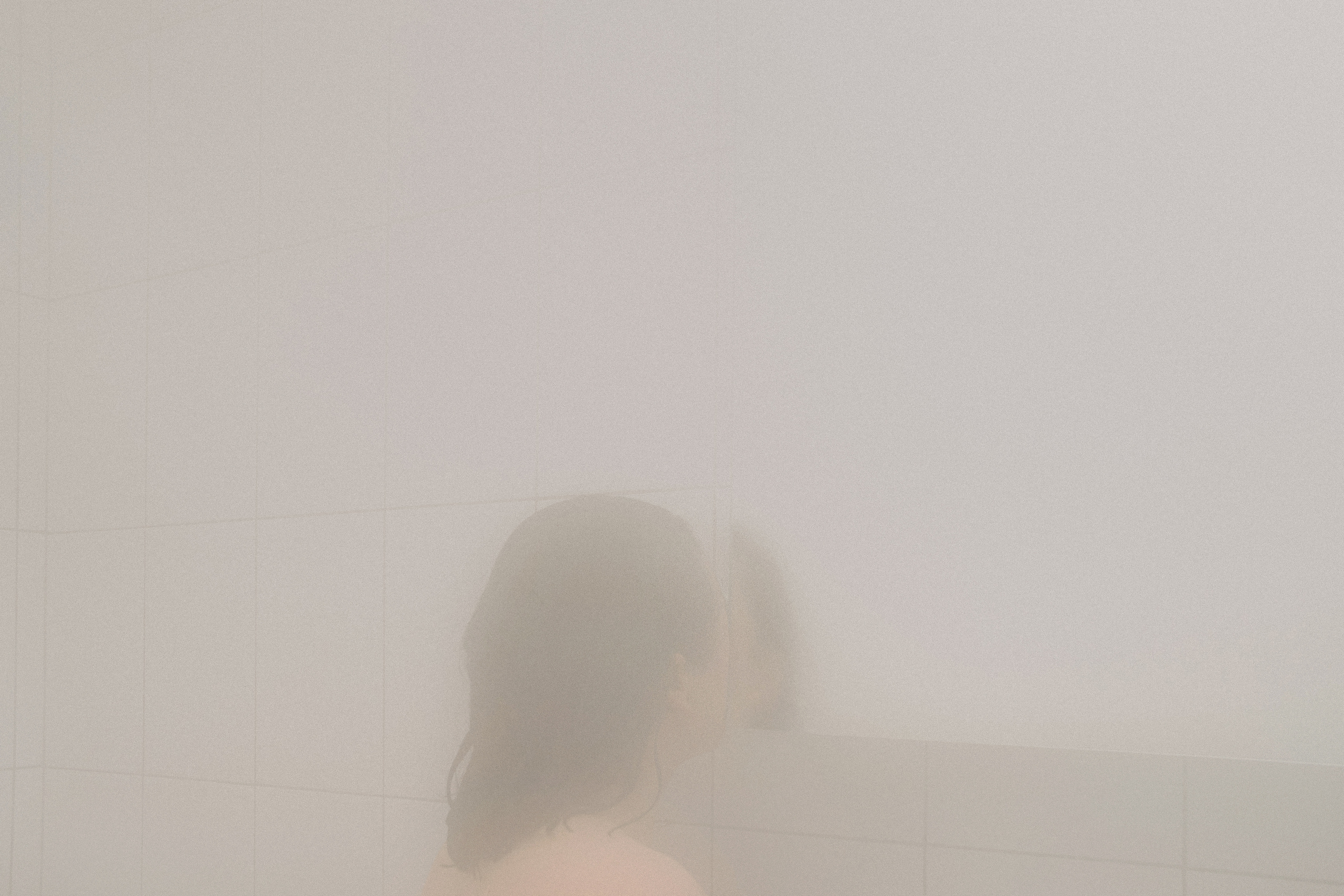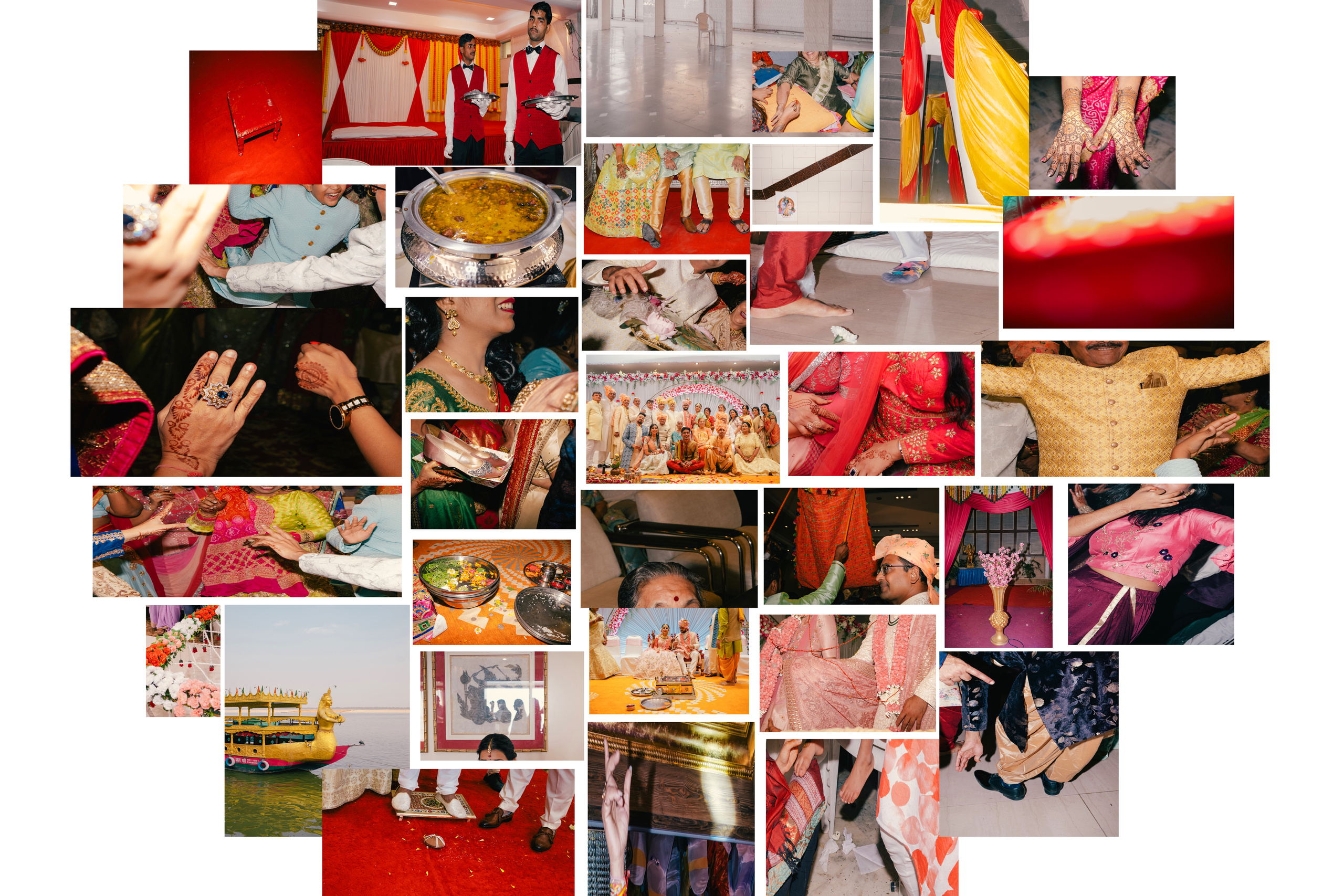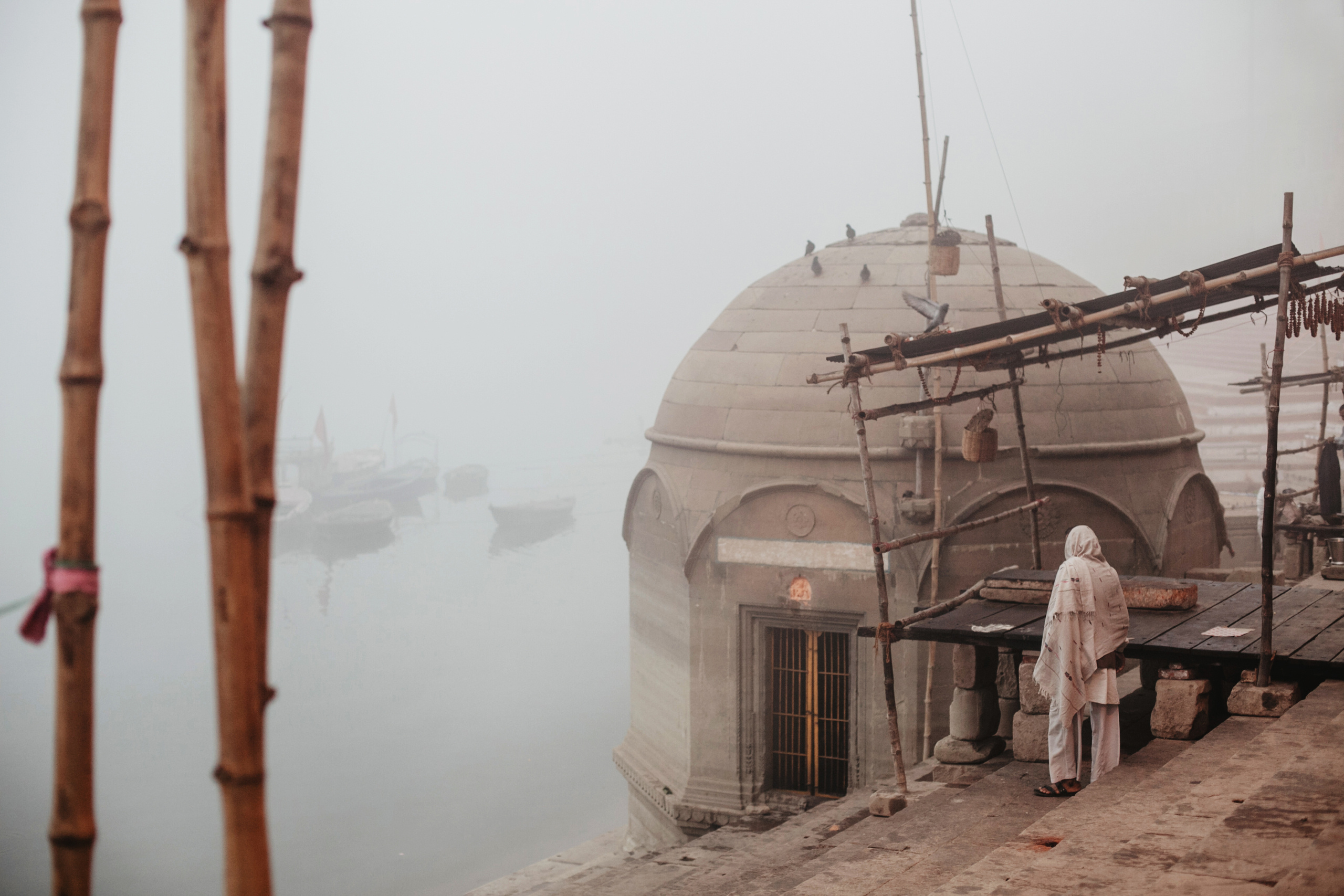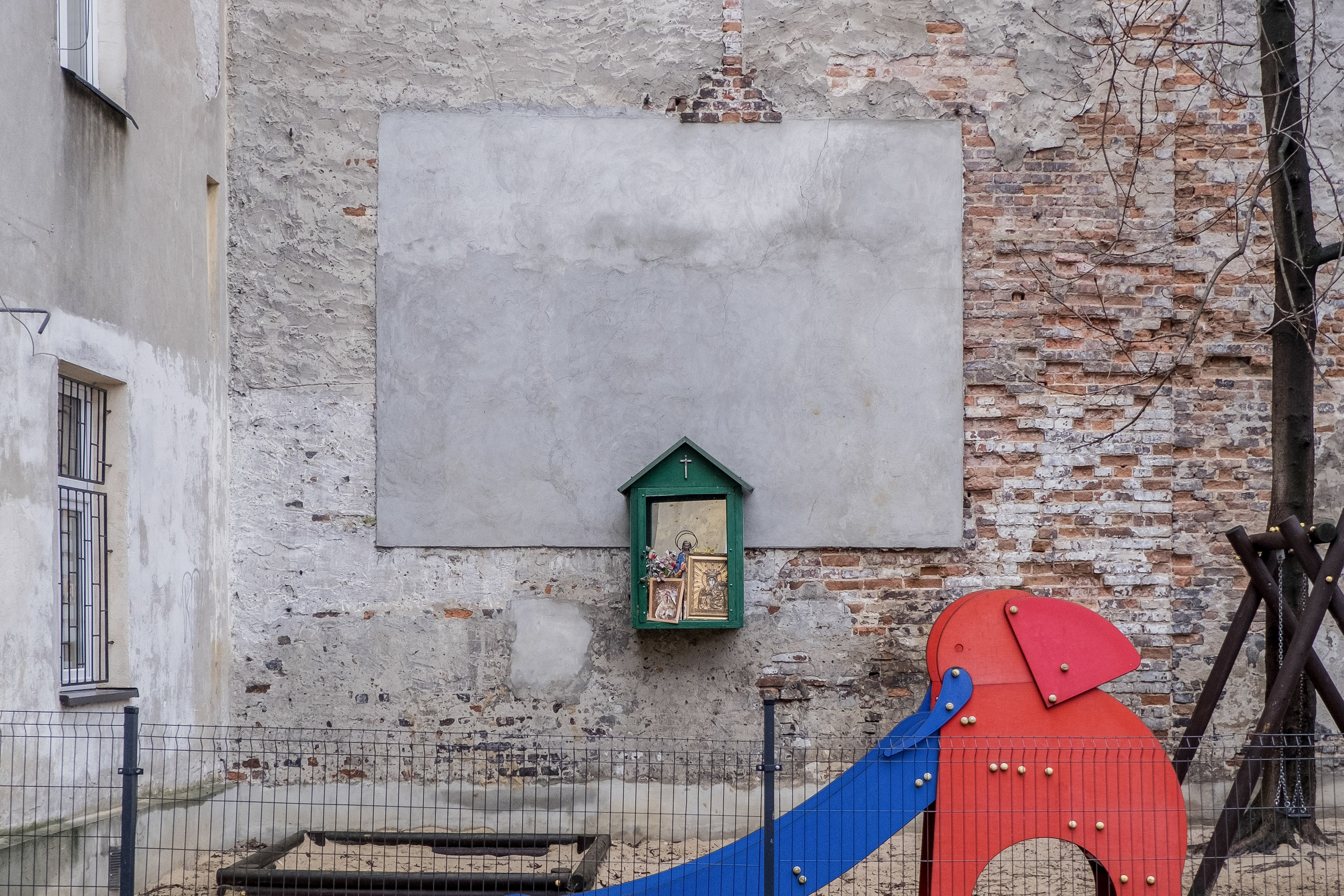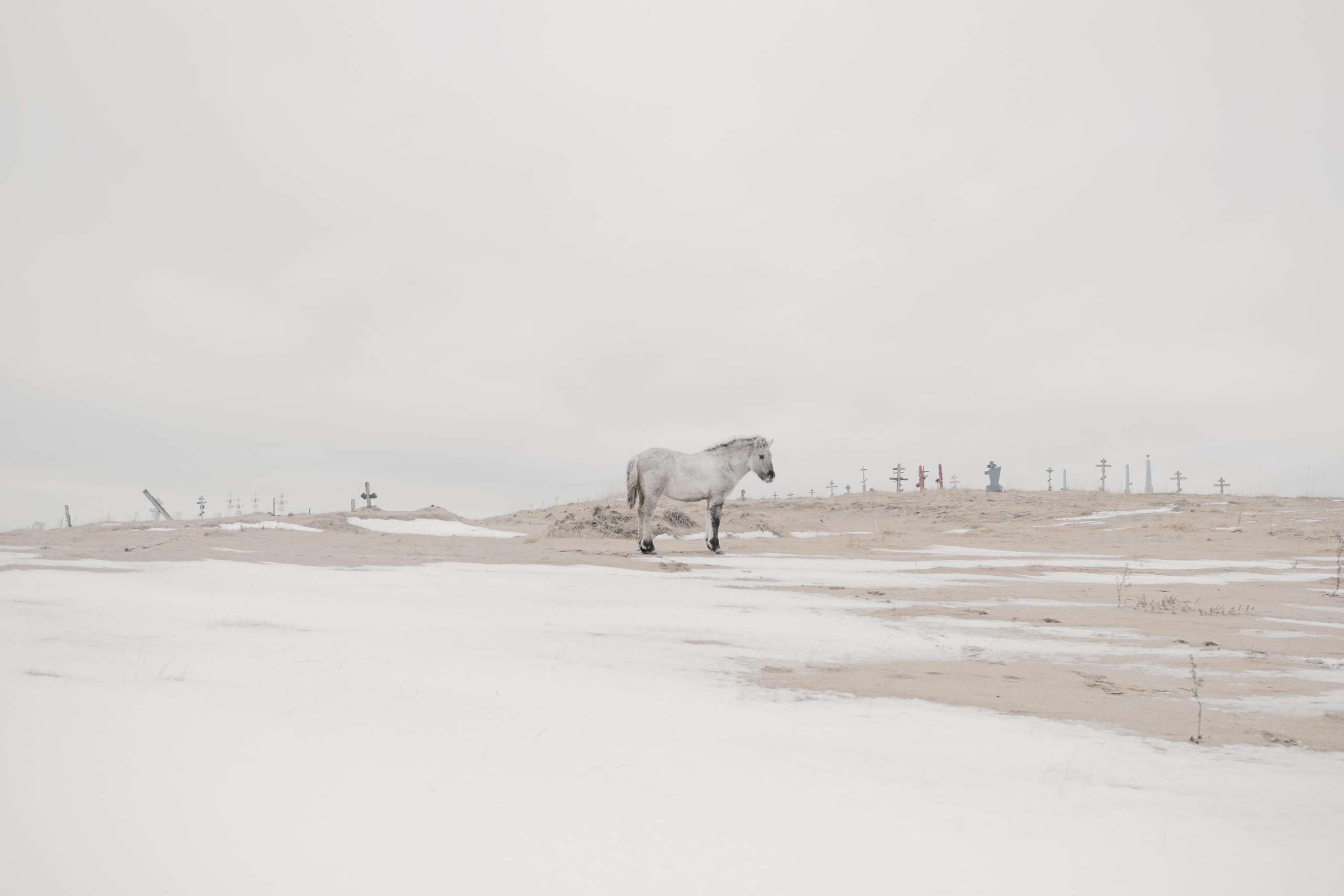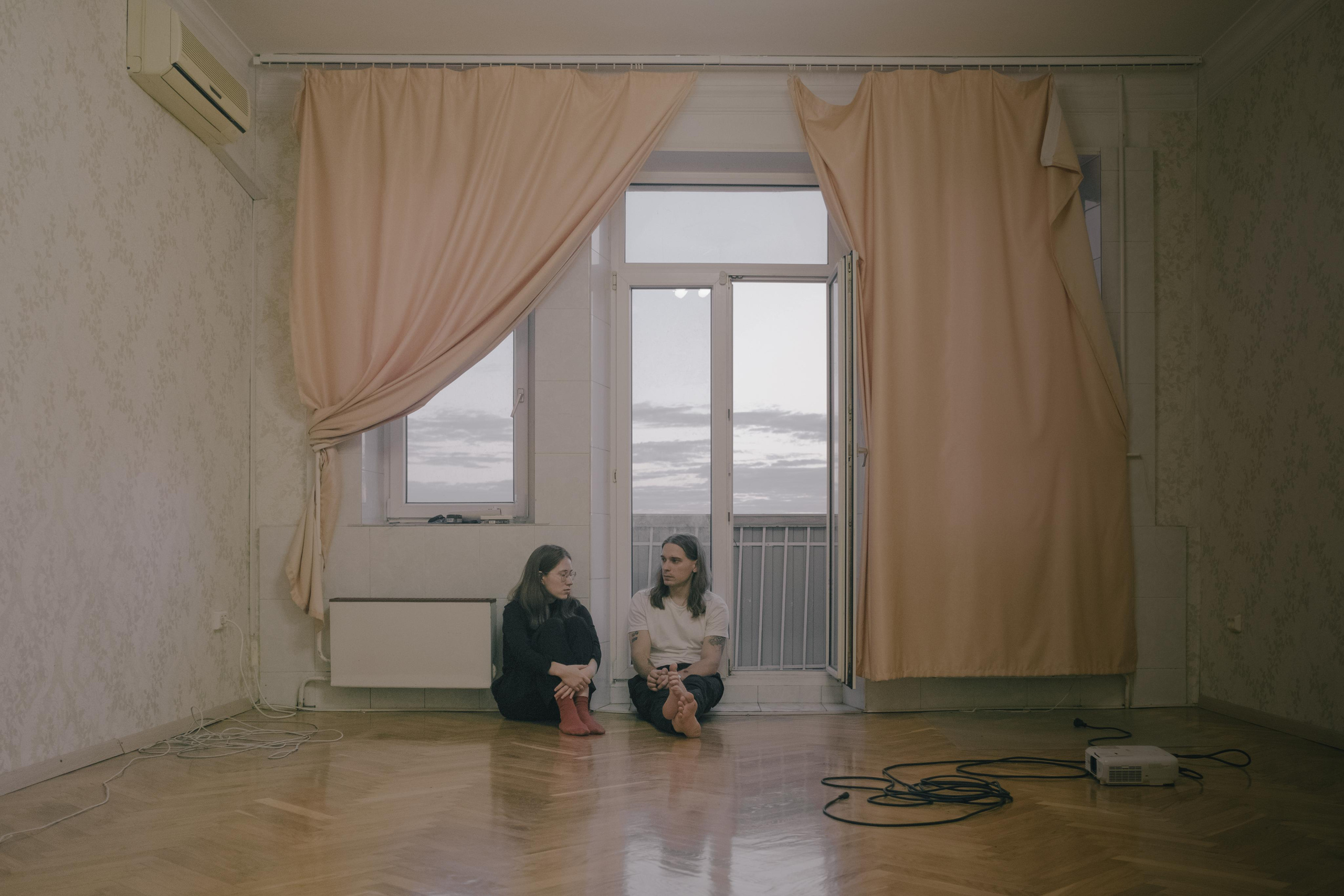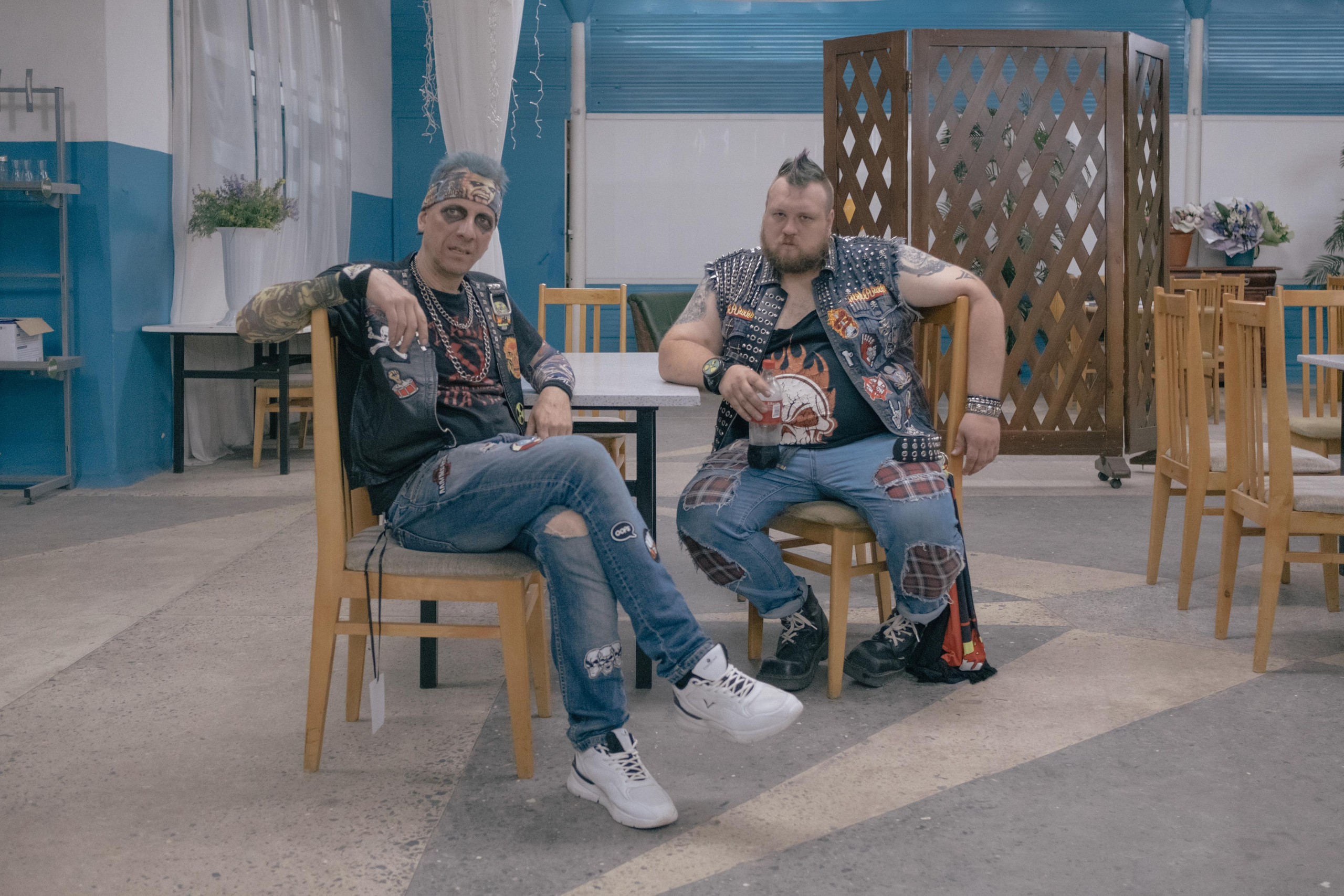Family photos usually capture only joyful moments. Therefore, it can be difficult to figure out which memories are real and which are false and what actually happened at the moment when everyone is smiling at the picture. I tried to comprehend my childhood, taking a family photo archive on a solo trip along the Lycian Trail.
I wonder whether it is possible to divide memories into true and false, if each hero of archive photographs remembers the moment of shooting in his own way. Unclear and filled with subjective meanings, the frames of the family archive are not a real document but a projection of mind, directly dependent on the subject.
The project was made during a seven-day hike along the Lycian Trail in Turkey. I decided to walk alone, feeling the need, alone with nature, to reflect on the experiences of the past year and their connection with my childhood. Realizing that its not possible to take many things, but having conceived a project about memory, I loaded archive family photos into a pocket projector and arranged broadcasts in the dark, as my family used to do many years ago.
I see how selectively and deceptively memory works (as well as photographs): some events are documented, others seem to be thrown away for uselessness. Our own memories are adjusted to the “normal”: we were doing well, since we are smiling at the photo, and there was nothing else. Archival photography, being a document that we are used to trust, seems to indicate what exactly we should remember. Recording only joyful moments of unity with loved ones, seems like we want to cut off everything else that is unworthy to remain in memory and in the frame.
I see loving people in the photographs, but I also remember what is not directly present on the photos: poorly hidden depressions of loved ones, a slow increase of loneliness within a friendly family As a result, the family archive is made up of captured moments that everyone (not) remembers in their own way.

